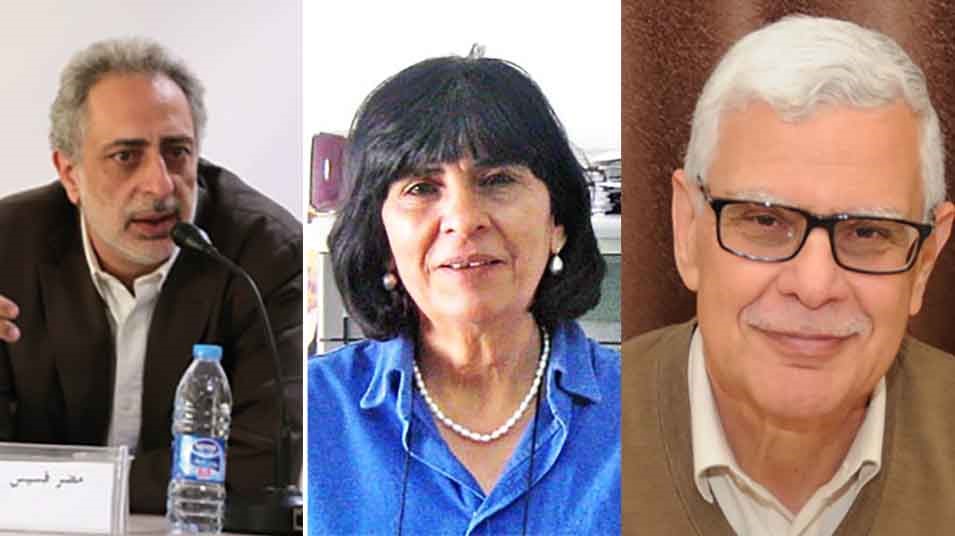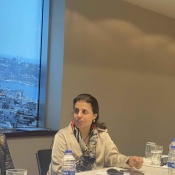Researchers critically review Arab research ethics, explore contextual alternatives for meaningful knowledge production
Three Birzeit University professors have recently published two papers reviewing the ethics of research and knowledge production at Arab academic institutions and deconstructing the neo-liberal approaches implemented therein.
Authored by Dr. Rita Giacaman, a professor of public health at the Institute of Community and Public Health; Dr. Mudar Kassis, an associate professor at the Department of Philosophy and Cultural Studies; and Dr. Maher Al-Hashweh, a professor at the Faculty of Education, the two papers are part of the Karamah Initiative, hosted by the Muwatin Institute for Democracy and Human Rights.
Entitled “Research Ethics Review: Its Need and Ethical Limitations in the Arab Context” and published in the Tabayyun journal, the first paper focuses on the need to develop a context-sensitive research ethics system to address the needs and priorities of Arab societies and ensure that knowledge production has a positive impact on communities regionally and internationally.
This matter, as the three researchers note in the paper, has far-reaching implications on knowledge production in the Arab world that go beyond the hegemonic relations that limit and control research production at public, private, and academic institutions.
The second paper, entitled “Decolonizing Knowledge Production: Perspective on Promotion and Tenure Regulations in Palestine and Beyond" and published in the Middle East Critique journal, is inspired by discussions between Giacaman, Kassis and Hashweh to conceptualize and define fundamental principles and guidelines for ethical research in the Arab world, going beyond the prevailing research principles that are divorced from the needs, priorities and concerns of each community and nation.
With these objectives in mind, the three researchers frame their main argument around the notion that promotion regulations in Palestine, and other Arab nations “must change toward more meaningful assumptions, methods, and processes, so that they can be termed ethical, i.e., can serve humanity.”
The researchers note that it is important to define “what is studied, the reason why we are conducting research, for whom we are writing, and what knowledge should be prioritized.” To support their argument, they use Birzeit University as an example, exploring how to make research more relevant to societal needs and contribute to the decolonization of knowledge production by offering alternative theoretical frameworks and approaches.







